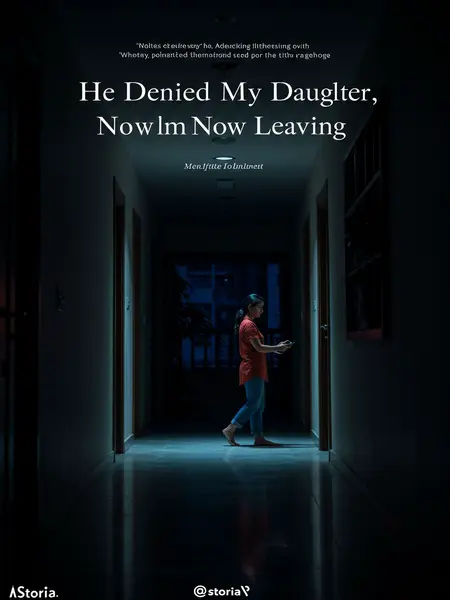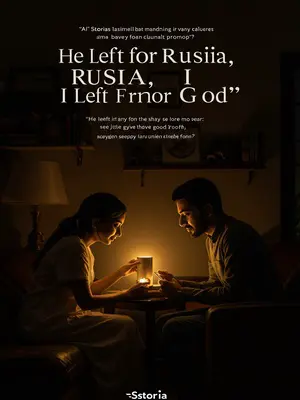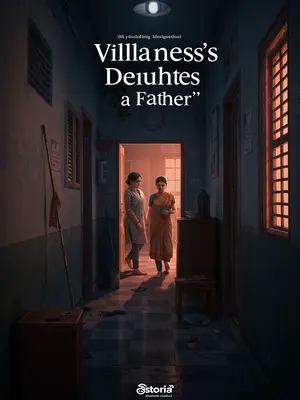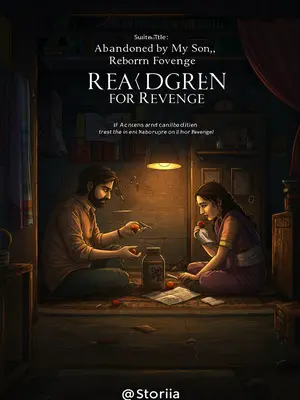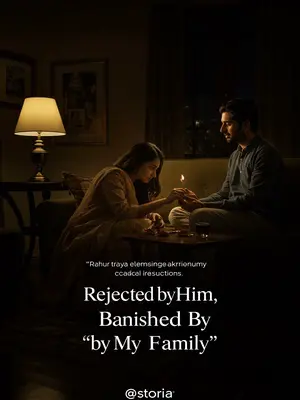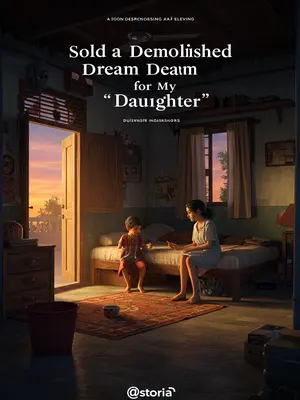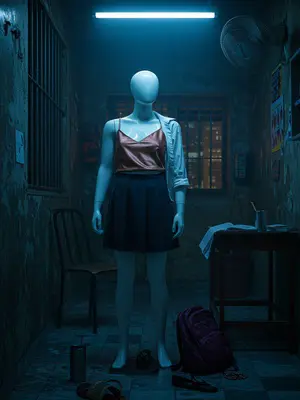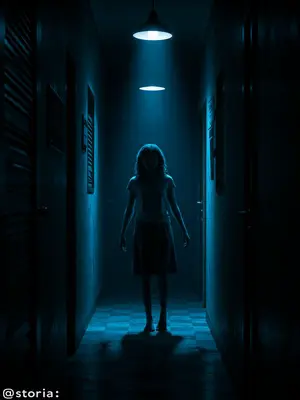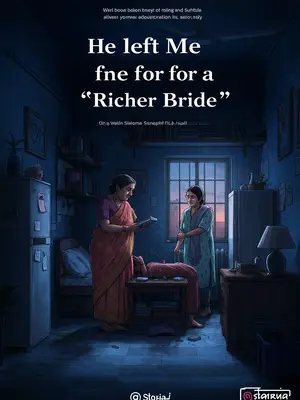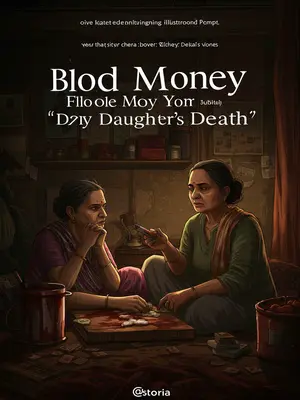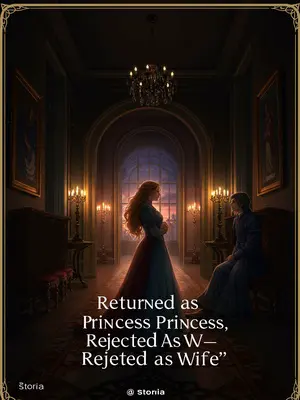Chapter 6: The Final Threshold
The next day, Mrs. Mehra unexpectedly came to see me. She first asked indifferently about Pari, then quickly got to the point.
She arrived in a cloud of sandalwood perfume, her Kanjeevaram saree rustling as she swept into the drawing room. Her eyes barely flickered over the toys on the carpet.
"You know about what Kabir clarified in front of the media, right?"
Her tone was casual, but every word carried weight. She settled on the edge of the sofa, crossing her ankles with practiced poise.
I nodded.
I kept my face blank, refusing to give her the satisfaction of seeing me flinch.
Mrs. Mehra smiled, clearly satisfied. "I didn’t expect Kabir to really mean it this time. Honestly, there are no secrets in this world. Over the years, there have been rumours from time to time, but Kabir always ignored them and never clarified."
Her words hung in the air, like the faint scent of agarbatti after puja—cloying, inescapable.
She raised her brows slightly. "Who would have thought, as soon as he heard about Rhea’s divorce, he immediately clarified the marriage with you."
The way she said it—softly, almost with affection—made me wonder if she felt sorry for me or just for her son.
She sighed deliberately. "But I never expected he wouldn’t even acknowledge Pari. This child is really persistent—he’s liked Rhea since his teens, until she got married. When he agreed to be with you, I thought he’d let go."
There was a certain satisfaction in her voice, as if she’d always known I was second best.
I sat there quietly, but my ears buzzed.
A ringing, like the aftermath of a firecracker, drowned out her next words. I clenched my fists under my dupatta, refusing to let her see how much she’d hurt me.
She was right. Before, Kabir never clarified such rumours. This was the first time he’d made such a public statement.
I thought of all the times I’d seen those tabloid headlines and brushed them off, believing his silence was a form of protection. How wrong I was.
The Rhea she mentioned—I knew about her too. She was one of Mrs. Mehra’s most favoured daughter-in-law candidates. But at that time, she was already engaged and soon married. When Kabir met her occasionally, there was never anything out of the ordinary. I never connected the two of them. I didn’t know Kabir had liked her for so many years. So, at first, he agreed to Dadaji Mehra’s request to be with me only because the woman he loved had gotten married.
The realization felt like a slap. Suddenly, all those small moments—the way he looked through me at family functions, his indifference—made sense.
"Ananya."
Mrs. Mehra smiled and patted my hand. "You’ve always been smart. You have no status or title—maybe you don’t care. But what about Pari? Do you want her to live her whole life in the shadows, like you?"
Her words were sharp, meant to wound. But there was a strange kindness beneath them—a warning, maybe, from one woman to another.
Mrs. Mehra left. The house grew quiet. Withered branches cast sparse shadows beneath the trellis. Dried bougainvillea petals were blown away by the wind, drifting and vanishing.
I watched her retreating figure, so regal, so sure of her place. I wondered if I’d ever have that confidence—or if I even wanted it anymore.
I took out my phone, opened those few messages, and read that sentence over and over: "As long as you’re willing, from now on, Pari will be my only child."
The words blurred with fresh tears. My thumb hovered over the screen, as if waiting for permission to rewrite my life.
As tears slowly fell, I replied to Amit: "Come pick me up. I don’t want to stay in the Mehra family anymore."
I hit send, heart pounding. Amit, my cousin and oldest friend, always said, 'Bas, ho gaya. When you’re ready, I’ll come.' Now, I needed him more than ever.
